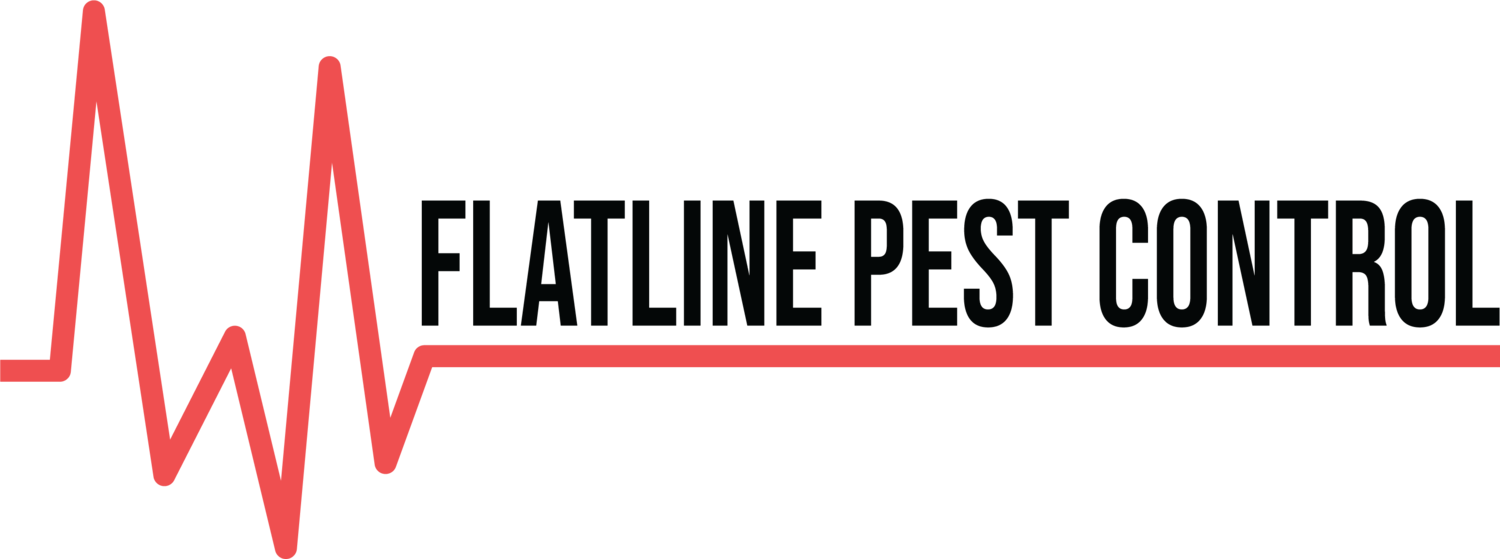
Frequently asked questions.
I have pets, what should I do during/after treatment?
Pets should be inside during outdoor treatment and outdoors during indoor treatment. Our products are mainly pyrethrin based, not carcinogenic which means most of our products are pet friendly, however we still take every precaution to ensure your pets safety.
The only risk to pets are rat baits, these are locked in rat stations and typically left in roof cavities.
What do I do if it rains?
Indoor treatment is available in any weather. However we may reschedule your appointment depending on weather conditions if we are treating the outside of your premises.
I have young children, is there any risk?
Internally we use pyrethrin products around skirting boards and we do not wear a mask as this is a registered product for inside use. There is no risk to humans.
Is there any preparations I need to make?
Yes! Before a general pest treatment, you need to ensure all doors and windows are closed and no clothes on the clothesline, this ensures no mixture of outdoor vs indoor products.
What is covered in a General Pest Control Treatment?
External:
Gardens
Fences
Sheds
Outdoor furniture
Wheelie bins
Total exterior of premises
Indoor:
Low pressure spray of skirting boards
Gels into kitchen cupboards
Dust under appliances
Rat baits and dust unit in ceiling
What if I have German Cockroaches in my Kitchen?
You must empty all kitchen cupboards and provide access to behind appliances such as Fridge, Dishwasher and modem etc.
German Cockroaches get into everything with warmth. To treat them we must access every crack and crevice of the area.
How should I prepare for a Termite Inspection?
The best preparation you can make is to ensure there is nothing blocking direct wall access.
Provide good access to subfloors and good slab edge access (if on slab house).
How much is a pest control service?
The cost of our pest control service can vary depending on factors such as the type of pests, the size of the property, and the extent of the infestation. Contact us for a free quote tailored to your specific needs.
What is the most common method of pest control?
The most common method of pest control involves using pesticides or insecticides. However, modern approaches prioritize integrated pest management, which combines multiple strategies for effective and eco-friendly results.
How much does pest control cost Sydney?
The cost of pest control in Sydney can vary based on factors like the type of pests, the size of the property, and the severity of the infestation. For a personalized quote, reach out to local pest control providers who can assess your specific needs and provide accurate pricing. A good inspector can demand between $200 to $300 per hour
Which pest control is best?
The ideal pest control method varies based on the type of pest. It's recommended to assess the situation and consider factors like effectiveness and environmental impact. Consulting with professionals can help determine the best approach for your specific pest issue.
How often should I pest control my house?
The frequency of pest control for your house depends on factors like the pest type, location, and previous infestations. Generally, a yearly treatment is recommended for preventive maintenance, but more frequent services might be needed for higher risk areas or ongoing pest issues.
Is pest control worth it?
Yes, pest control is definitely worth it. It helps safeguard your property from damage, prevents health risks, and maintains a clean environment. Our expert services ensure a pest-free space, promoting both comfort and well-being.
How do I get good pest control?
To ensure effective pest control, consider these steps:
1. Research: Look for reputable pest control companies with positive reviews and experience.
2. Expertise: Choose professionals with knowledge about various pests and appropriate control methods.
3. Customization: Seek a tailored approach based on your specific pest issue and property size.
4. Safety: Prioritize companies using eco-friendly and safe methods to protect your health and the environment.
5. Prevention: Inquire about ongoing maintenance plans to prevent future infestations
What is the most common method of pest control?
Pesticides and Chemicals: Traditional approach involving the use of specific chemicals to eliminate pests.
Integrated Pest Management (IPM): Modern and eco-friendly method that combines various strategies for long-term pest control.
Natural Predators: Introducing or encouraging natural predators of pests to keep their populations in check.
Traps and Baits: Placing traps or baits to attract and capture pests, reducing their numbers.
Hygiene and Preventive Measures: Maintaining cleanliness and sealing entry points to prevent pest infestations.
Regular Inspections: Scheduled check-ups to detect and address pest issues before they escalate.
What do most pest control companies use?
Many pest control companies commonly utilize a mix of pesticides, traps, and preventive practices. Emphasizing integrated approaches, these methods are designed to effectively manage pests while minimizing environmental impact.
